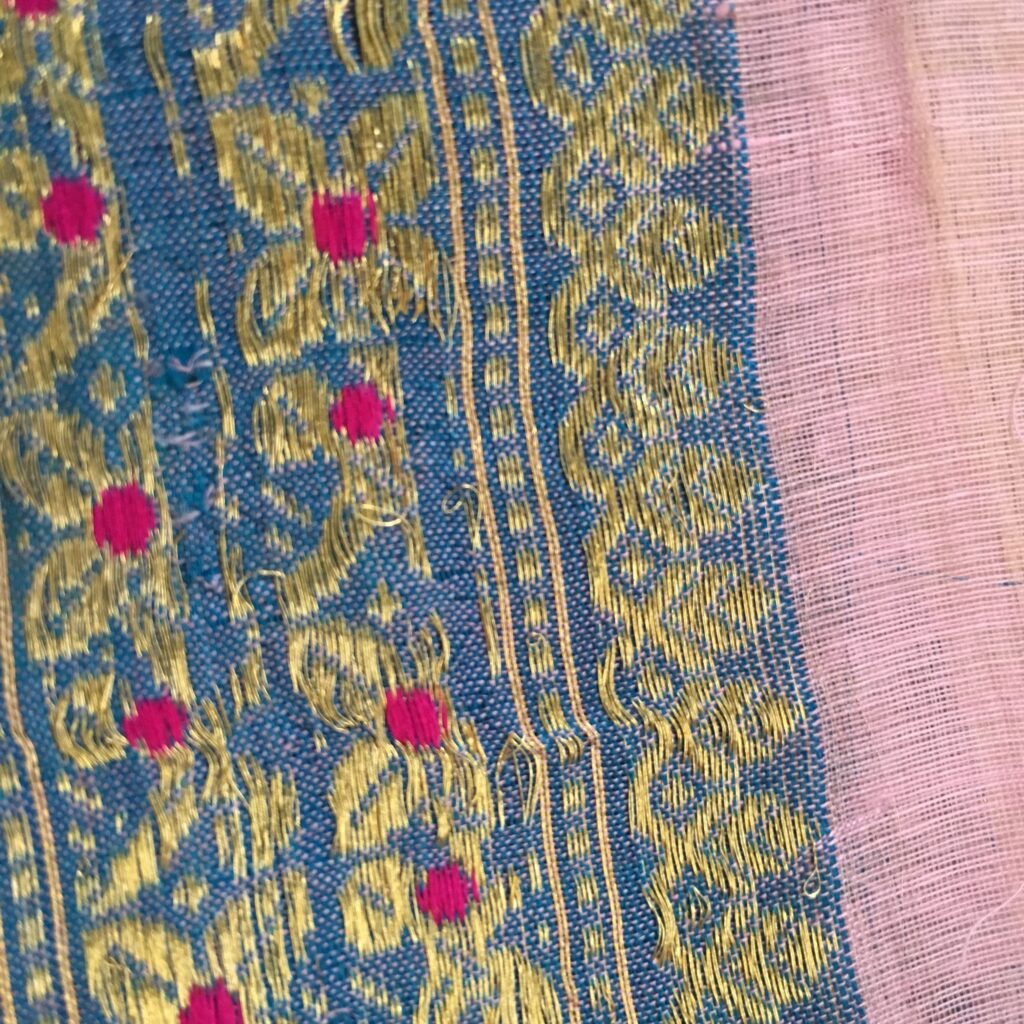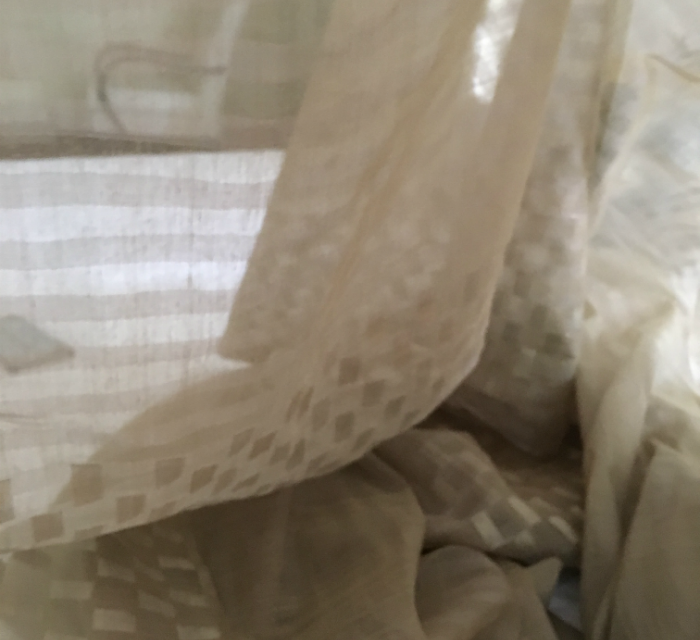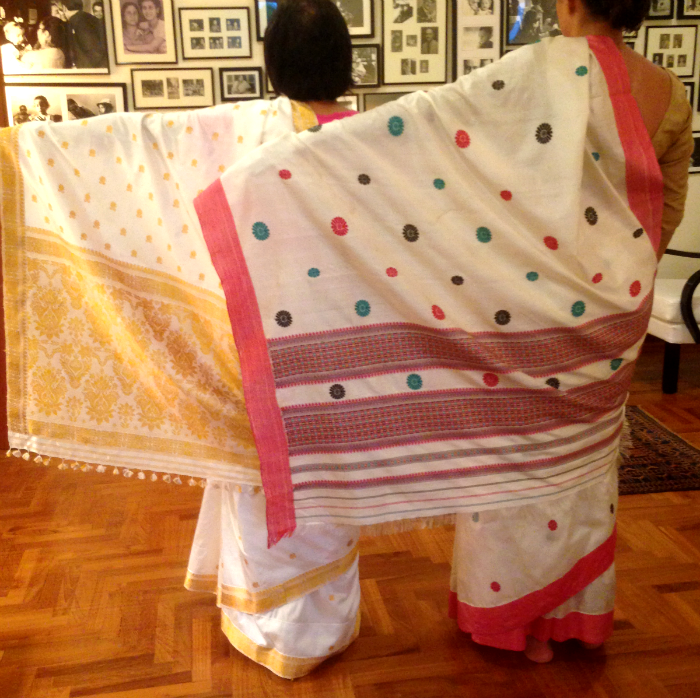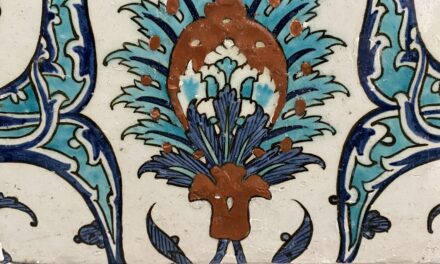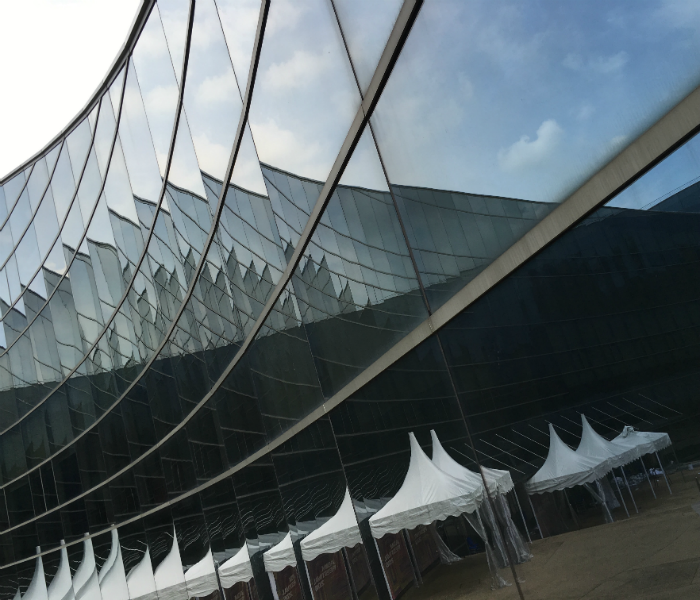He loved vintage cars. Every morning, practically, he’d come to look at his collection, which used to be kept in a garage built on land rented from my family. He always wore pristine, brilliant white pajamas and a flowing crisp kurta, his hair would be neatly brushed and the most pleasant smile would appear on his face if he happened to spot you or any of your elders.
“Namashkar!” he’d greet in a low amicable tone, as he raised his hands high before him, palms joined. He’d let you go up close to his cars, even touch a shiny collectible surface if you wished to. He let some of us sit in one of his priceless automobiles once. He was the best tenant one could have and the most polite and decent man.
Given the ironies of life, it really shouldn’t have surprised anyone when he turned out to be not quite the man you thought he was. But all that came later.
Much after his wife and he had gifted me my first Chanderi saree. It was for my wedding and they’d chosen well. On a base of deep purple – it had a tinge of mocha brown in it – sat delicately woven dull gold motifs and an elegant restrained border in the same matte gold zari. The fabric was of the finest quality.
That perfect gossamer of Chanderi, the wafting gauziness of it all… almost like a dream the fall. Like a veil through which you look at memory.
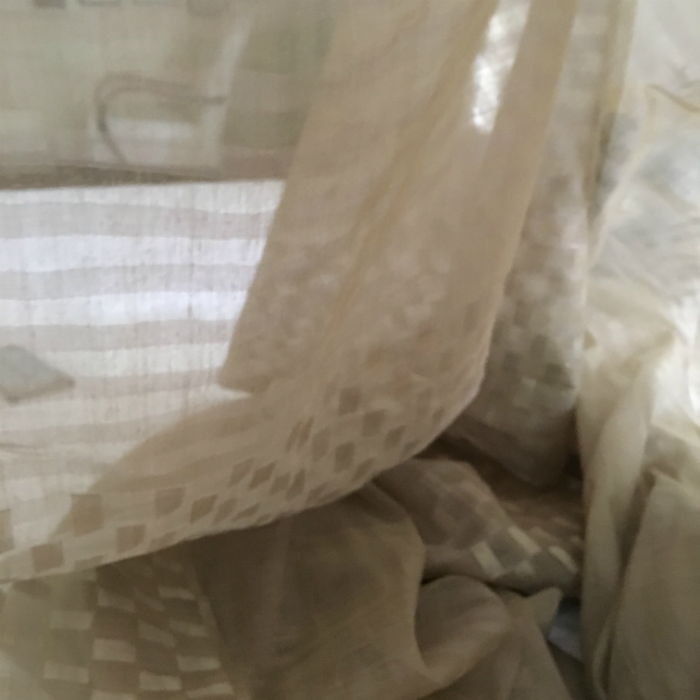
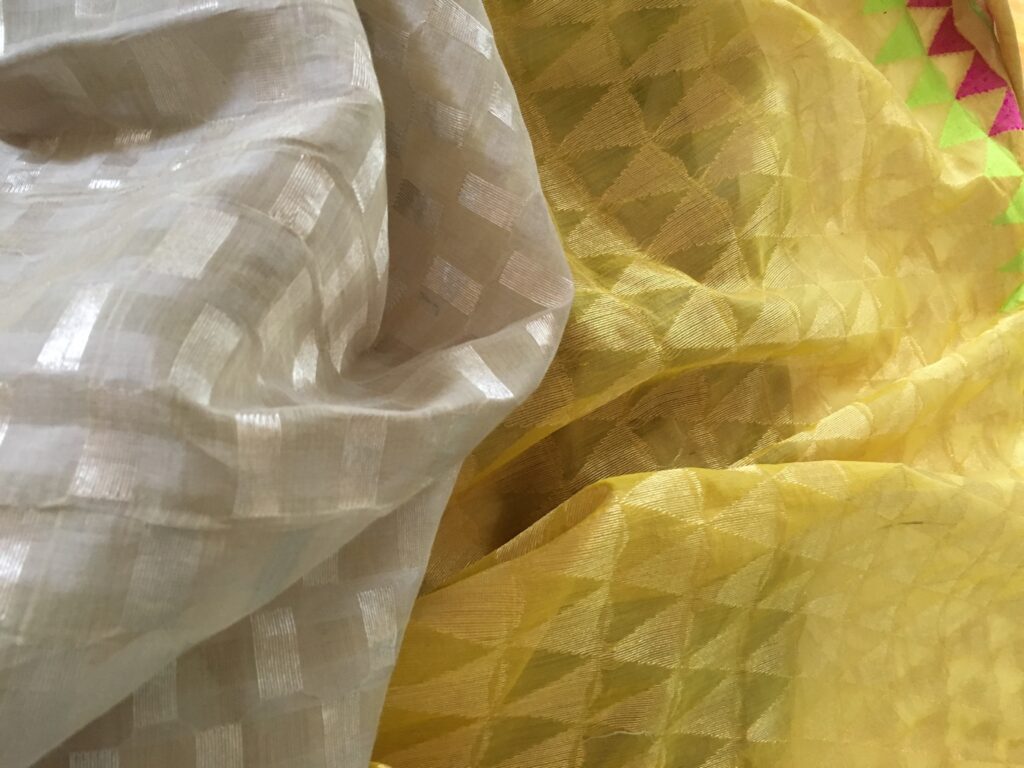
I fussed endlessly about wearing the saree, even though I loved it. But when would I ever be thin enough to feel confident in a material so sheer? The struggle went on, the weight stayed put. I think I finally surrendered to temptation and wore the saree once, maybe twice. In time, it frayed and I had to let it go.
But a Chanderi that belonged to my grandmother I couldn’t throw away, even when it was in shreds. Its pink is bright and playful, the contrasting blue border highlights the character of the main colour. Intricate motifs in zari and a darker shade of pink traipse across the saree, its solid gold border shimmers. As it tore in my hands, a world seemed to shift out of focus. I kept the borders, bits of the pink at the edges. Some day, I think, some day, I’ll go to Chanderi and get someone to make a saree like that for me.
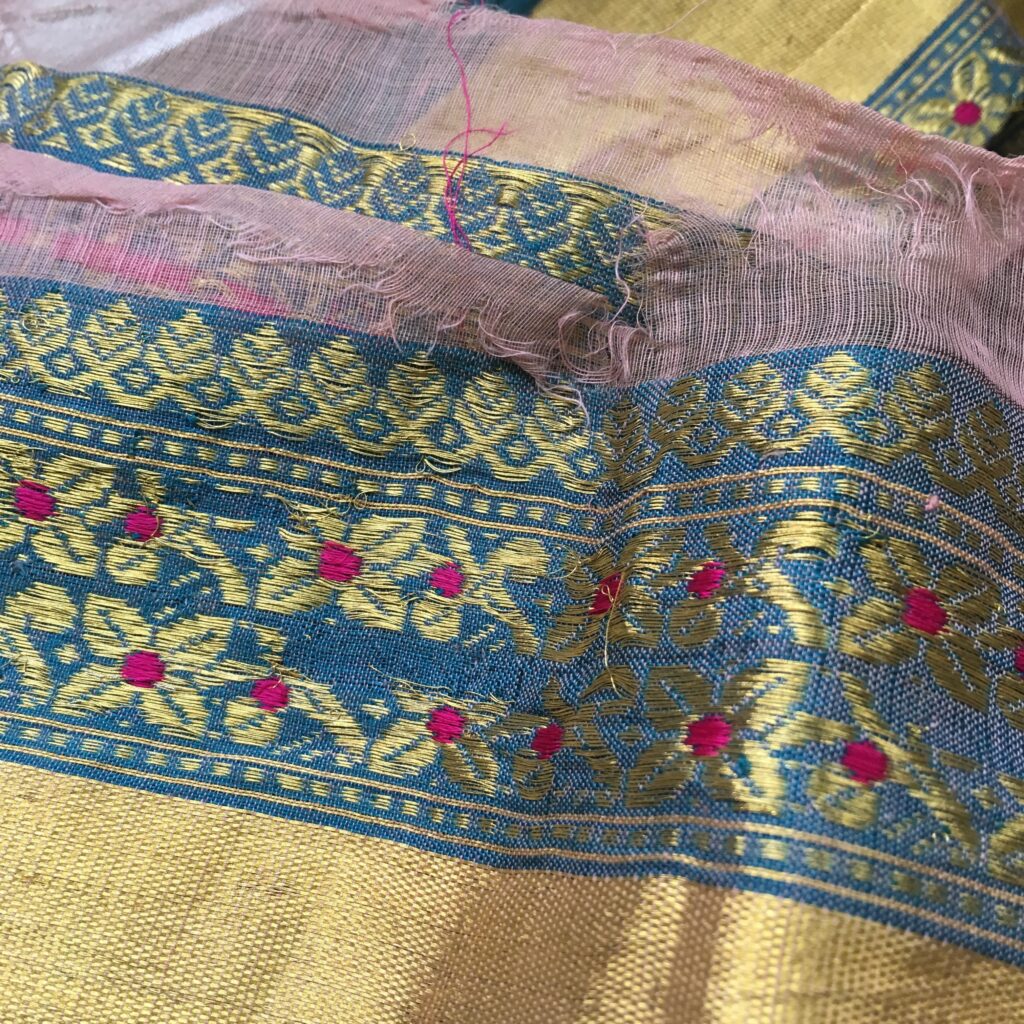
For centuries, possibly beginning in the eleventh – or who knows, maybe even earlier… or later – this delightful fabric of cotton and zari, and later silk, has been woven in the town of Chanderi. situated between Malwa and Bundelkhand in Central India, Chanderi was part of the trade routes and became an important military outpost.
It was fought over and ruled by many kings and conquerors. Babur, Allaudin Khilji, and the Rajputs, among them. It’s mentioned in Ibn Batuta’s travelogues, he went there in 1342, apparently. Wonder if he wrote about the weavers and their fine product?
The lightweight cotton with its sheer transparency always startles me.
Something about its texture.
Hold it up and look through, a maze of patterns form on the threads, an optical illusion created by weave and play of light on it perhaps. And though Chanderi was traditionally made with cotton only, it’s never bothered to look anything but luxurious.
Am talking of the real ones, not the fakes that have overtaken the market. There are a few designers and also shops like Fabindia, that are getting quite serious about reviving and keeping alive the looms of Chanderi. Maybe fakes have their uses…
And now that I think, had the man in white been a good guy all the way, something would have certainly gone missing from my recollections of Chanderi. When the twist in that tale came and he behaved in a way no one could have imagined, I raved and ranted, but I kept the saree.
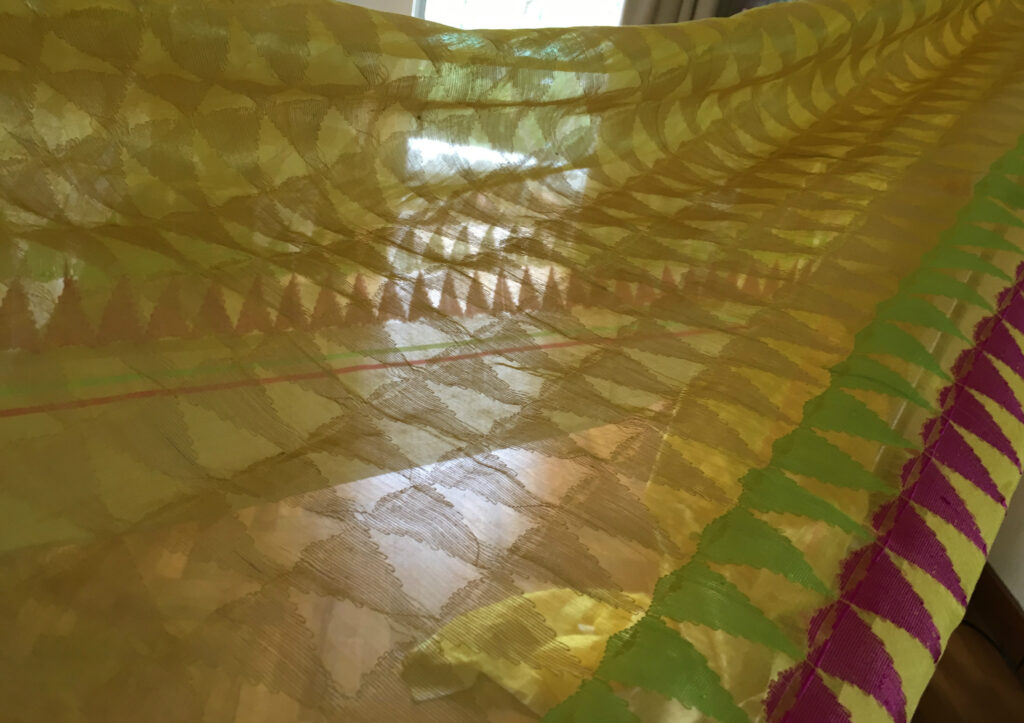
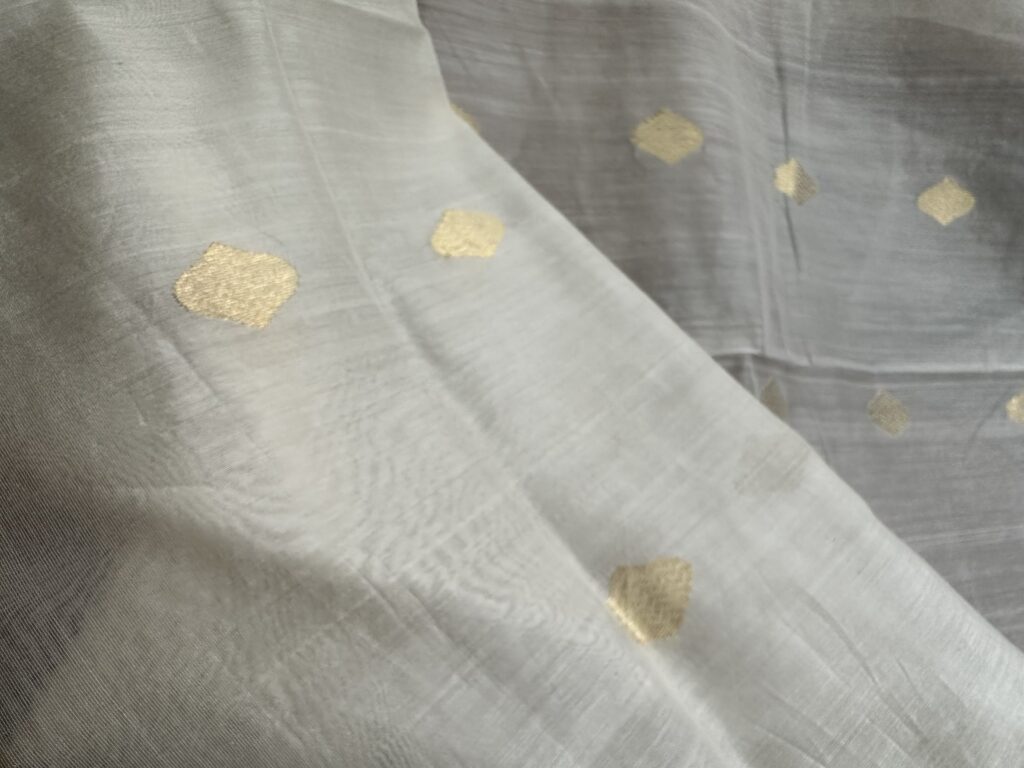
…………………………………………………………………………………………………………………………………………………..
Sarees Tell Stories|Yellow Chanderi from Touch of Class Paithani, grey and silver Chanderi from an exhibition in Singapore, both bought in 2014.
I am interested in sarees; from their weave, their origins, their cultural stories to their vast range and utter beauty. I write a series on different kinds of sarees.
